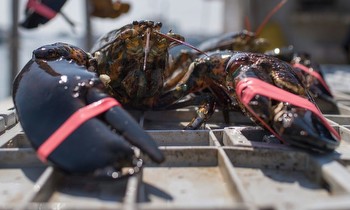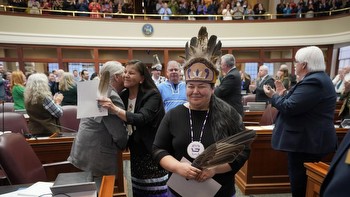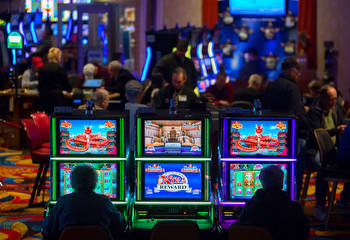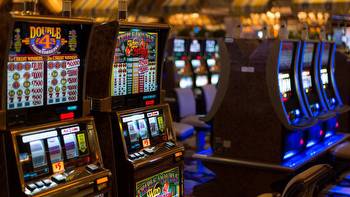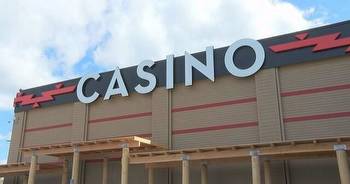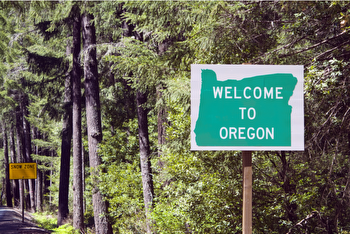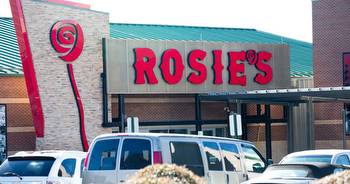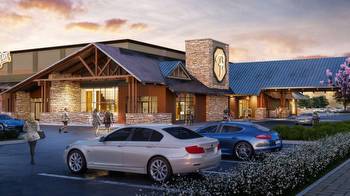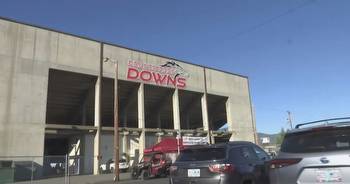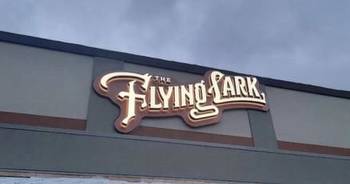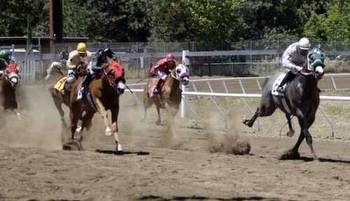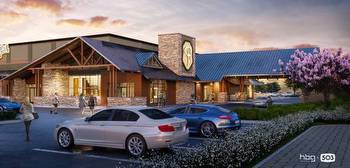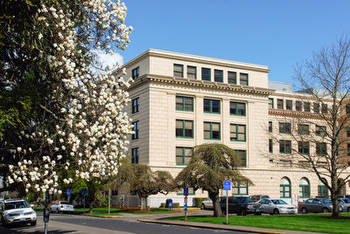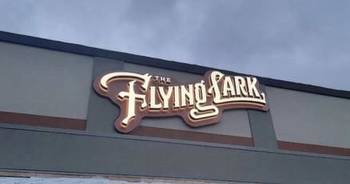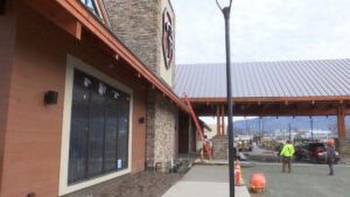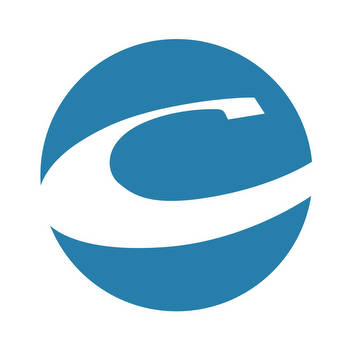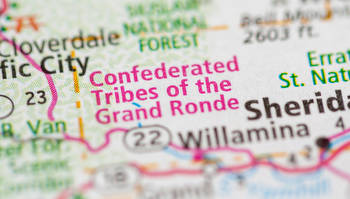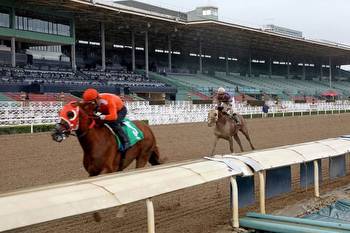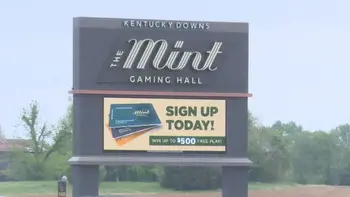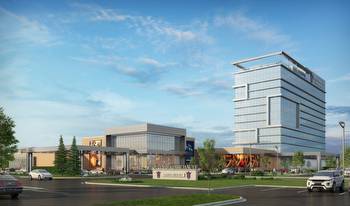Gambling venture in Grants Pass comes under fire from tribes

Travis Boersma has a plan to make Grants Pass Downs, a race track he went to as a kid, the epicenter of horse racing in Oregon.
“I’ve got some of my most fond memories of being at the horse races,” Boersma said. “The sport itself and the community that would come out and attend.”
Boersma is one of the founders of Dutch Bros coffee, which recently went public, making him the state’s newest billionaire. He’s also the owner of Grants Pass Downs and the Flying Lark, the attached entertainment complex.
But there’s a problem: His plan is contingent on the state’s approval of 225 betting terminals known as Historical Horse Racing, or HHR terminals. The approval for those games is being delayed right now while state officials consider complaints brought by some of Oregon’s tribal governments. Tribal members say that the games would illegally cut into their casino revenue.
Boersma said the machines are necessary to supplement the prizes for horse race winners.
“It’s to help support and grow purses for the horsemen and women to, not just compete and have a way of life, but to grow the sport and really do some magnificent things — on the breeding side, on the equestrian side, on the agricultural side – to revitalize some of the smaller tracks,” Boersma said.
The HHR terminals exist in a kind of grey area. For the user, they look and feel just like slot machines — something that Boersma does not dispute. On the back end, though, the machines use something called parimutuel wagering, meaning that the users are betting against each other, rather than the house.
However, a , commissioned by the tribes, found that newer versions of HHR machines have blurred this distinction.
Boersma said this is just a case of normal technological improvement over time.
“An iPhone 13 is much more attractive than the original iPhone,” Boersma said. “So while it serves the same purpose, it may do it much better or be more appealing or attractive to the end user.”
Boersma also argued that before Portland Meadows Racetrack shut down, that facility had 150 HHR terminals.
“All we’re asking for is permission to do what Portland Meadows did,” he said.
Justin Martin, a member of the Confederated Tribes of the Grand Ronde and the manager of the Oregon Tribal Gaming Alliance, says that analogy doesn’t hold up.
“[The machines at Portland Meadows] were actual horse races on a machine in a cabinet that I watched and played,” Martin said. “The reality is technology has gotten so advanced that you cannot tell the difference between a Historical Horse Race machine which plays the same game that’s offered in a casino environment versus those games from back then, which were totally different.”
Martin also argued that HHR machines did not make horse racing at Portland Meadows viable.
“We want to see the horse racing industry thrive,” Martin said. “We just think there’s other ways to go about that.”
The same ECONorthwest study found that HHR terminals at the Flying Lark would not attract new gamblers.
“It will take from the lottery retailers and patrons of tribal casinos,” said Alicia McAuley, the executive director at Cow Creek Gaming and Regulatory Commission. “Any jobs created will come at the expense of other jobs and ultimately other local businesses, and they won’t be new.”
Boersma said his own economic impact study showed the Flying Lark could create up to 2,000 jobs and bring up to $10 billion in revenue to Josephine County.
However, earlier this month, the Flying Lark announced that they would be laying off 226 people at the end of February. Boersma said it breaks his heart, but the facility will not be able to operate without the HHR gambling terminals.
Martin said he thinks it’s time for the state legislature to re-evaluate how gambling is regulated in Oregon.
“We want to create a joint committee,” Martin said. “We want everybody — including Grants Pass Downs, The Flying Lark, responsible gaming advocates — to be in one room or in front of a legislative body, to sit down and get this right.”








